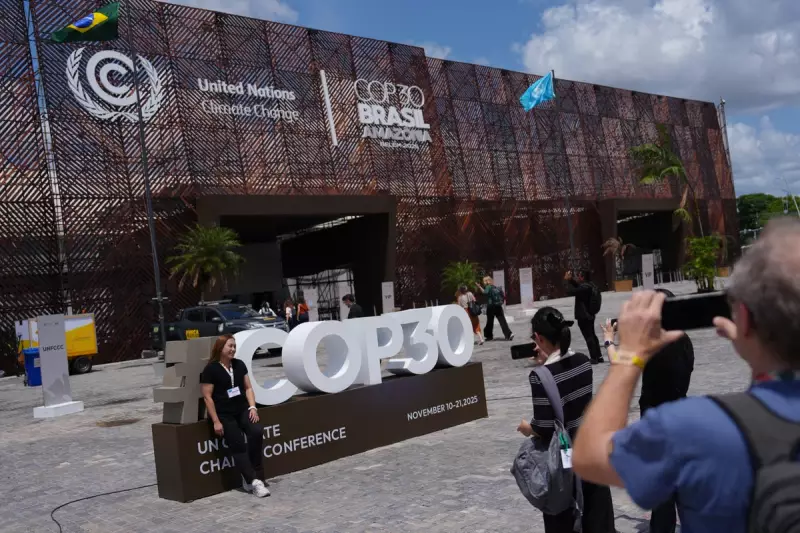
A Summit of Symbolism and Stalled Progress
The UN climate conference, COP30, concluded in Belém, Brazil, on a note of profound disappointment, with a distinct lack of global leadership emerging as the primary obstacle to meaningful action. The final agreement, dubbed the 'Global Mutirão', was finalised nearly a full day after the summit's official end, encapsulating a sense of resigned ambition rather than the bold compromise required to address the escalating climate crisis.
Financial Commitments Diluted and Delayed
At the heart of the underwhelming outcome was the failure of wealthy nations to commit to a target for tripling financial aid for climate adaptation in poorer countries by 2030. Instead, the deadline was pushed back to 2035, and the funds are to be drawn from an existing promise of $300bn in climate finance, rather than being the new, additional finance that developing nations desperately need. This decision comes as rich countries grapple with weakening domestic political consensus on climate action and cuts to their aid budgets.
Simultaneously, a proposed roadmap to guide countries away from fossil fuels, initially championed by Brazil's President Lula, was conspicuously absent from the final text. This omission followed intense lobbying from Saudi Arabia and other nations. The language surrounding interim emissions targets was also notably weak, despite a UN warning that current pledges would only reduce emissions by a meagre 10% by 2035.
A Leadership Vacuum and Its Consequences
Beyond the negotiating rooms, a broader failure of leadership from major pro-climate powers was palpable. The European Union, distracted by the war in Ukraine and the rise of populist right-wing politics, failed to act as the moral authority it has in the past. The UK, with a weak government and a looming Budget, did not live up to its former climate leadership role.
In a starkly symbolic move, Canada's Prime Minister Mark Carney, a former climate champion, chose the middle of the summit to launch plans to double Canada's liquefied natural gas (LNG) export capacity. The United States, traditionally a key player in pressuring blocker nations, was entirely absent from the conference. Hopes that China would step into a leadership void also failed to materialise, with analysts noting the country felt little pressure to raise ambition in the absence of a strong US and a fragmented EU.
Mohamed Adow, director of Power Shift Africa, described the outcome as 'baby steps in the right direction' but cautioned that 'keeping the process alive alone will not cool the planet'. Debbie Hillier of Mercy Corps was more blunt, stating, 'COP30 was a failure for the communities on the frontlines of the climate crisis.'
As the Amazonian rain echoed through the final plenary, the sense of a process floundering was undeniable. While multilateralism survived, the summit proved that without courageous leadership, it is insufficient to meet the scale of the challenge. The world's least developed countries, as always, are left to bear the escalating costs.





